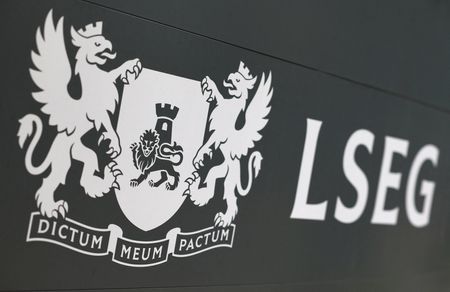By Michel Rose and Ingrid Melander
PARIS (Reuters) – The European Union needs to rethink its budget framework and alter deficit rules to encourage post-pandemic investment and foster growth as the world seeks to emerge from the COVID-19 crisis, French President Emmanuel Macron said on Thursday.
The new rules must be more simple and transparent, he said, and the bloc’s leaders should discuss whether a major stimulus package agreed last year is enough to foster growth and what national investment could be allowed beyond budget cap rules.
As France prepares to hold the EU’s presidency from January to June, Macron said he wants leaders to work on an economic response to the pandemic with one priority: “To make Europe a great continent of production, innovation and job creation.”
France will convene a special summit of the bloc’s 27 country leaders on March 10-11 to define a new European growth model with “one obsession: to create jobs and fight unemployment”, Macron told a news conference.
Berlin has for many years resisted weakening EU budget rules, but the new German coalition has signalled an openness to reform – something Macron and Germany’s Olaf Scholz might discuss when they meet in Paris on Friday, the new chancellor’s first visit abroad in his new role.
Macron himself had made bringing the French budget deficit below the EU-mandated 3% a cornerstone of his economic strategy at the start of his presidency in 2017 to restore France’s fiscal credibility with Berlin.
But with the pandemic and the launch of huge stimulus programmes at the EU and French levels, fiscal rectitude has fallen to the wayside. The issue is now coming back to the fore as some member states fear ballooning public debt is posing a threat to the single currency.
The new budget rules must also help boost investment in the digital sector.
“For that we must start building a budgetary and financial framework that is credible, simplified and transparent,” Macron said.
Macron also said the bloc should work towards a common, decent EU mininum wage, something some Nordic and Eastern European countries are against.
And reinforcing Europe’s sovereignty – from ensuring its security and protecting its businesses to better controlling migration – will be a key aim of France’s European Union, Macron said.
The EU launched a review of its fiscal rule book in October to better reflect the new reality of higher public debt and the huge costs of transitioning to a net zero-emissions economy.
The existing rules, known as the Stability and Growth Pact, were suspended during the coronavirus crisis until 2023 and member states are due to rework them over the course of 2022.
(Reporting by Tassilo Hummel, Michel Rose, Leigh Thomas, Richard Lough; Writing by Ingrid Melander; Editing by Mark Heinrich and Nick Macfie)











